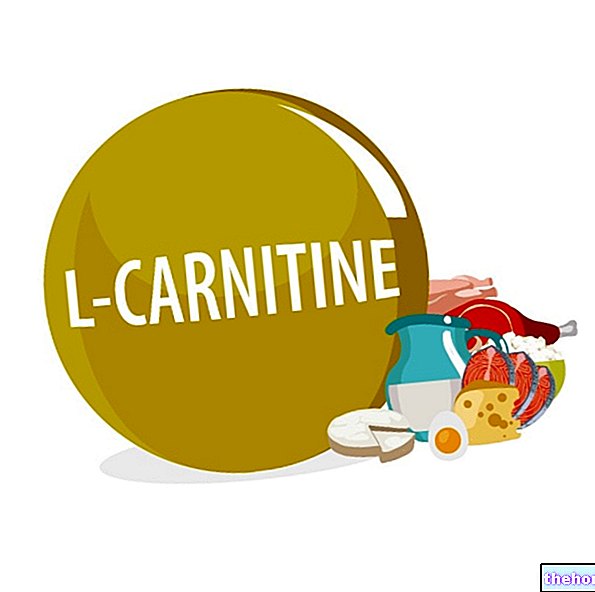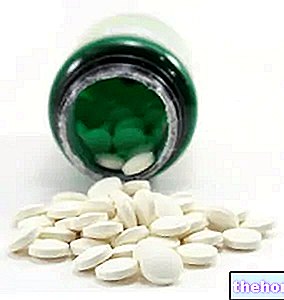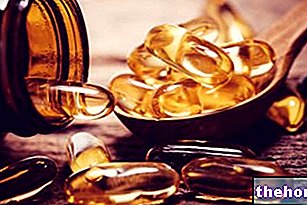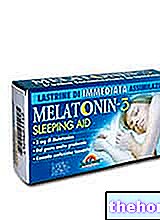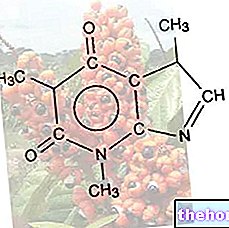However, in particular situations, iron supplements represent a valid help to avoid the appearance of deficiency pictures and the possibility that these evolve to iron deficiency anemia. These food supplements are all the more necessary the more the subject identifies with the following risk factors:

- female sex;
- heavy menstruation (menorrhagia);
- reduced iron absorption (intestinal steatorrhea, chronic diarrhea, hypochlorhydria, gastrectomy, use of antacid drugs), celiac disease;
- strictly vegetarian diet or abuse of dietary fiber, such as bran;
- intense sporting activity: athletes involved in cross-country disciplines are at risk above all;
- bleeding of various kinds (nosebleeds, hemorrhoids, ulcers, wounds, intestinal hookworms and pinworms, abuse of anti-inflammatory drugs such as aspirin or anticoagulants, hiatus hernia, diverticula, various types of tumors, pneumonia or bronchopneumonia with hemoptysis (emission with cough), kidney stones, neoplasms or inflammation in the kidney or urinary tract, cystitis, urethritis, prostatitis, etc.);
- pregnancy and breastfeeding.

Attention, the label of many iron supplements shows the content of the ferrous salt present in the product (eg 40 mg of iron fumarate). This figure varies considerably with respect to the elemental iron content, to which the needs mentioned in the "item. For example, as shown in the graph, approximately 55 mg of iron fumarate or 72 mg of iron sulphate or 150 mg of iron gluconate are needed to cover a daily requirement of 18 mg of elemental iron.
PLEASE NOTE: to ensure optimal absorption of the iron contained in the supplement, prefer ferrous salts (iron fumarate, iron sulphate and iron gluconate) over ferric salts
, nausea, vomiting, abdominal pain and black discoloration of the stool.Freely available supplements contain lower iron dosages than prescription medicines. Often the mineral is associated with vitamin C (to favor its absorption), folic acid and vitamins B6 and B12 (to favor the synthesis and multiplication of red blood cells).
The therapy, which begins with reduced and progressively increasing dosages precisely to avoid the aforementioned undesirable effects, has a rather long duration. Specifically, it must last for three to four months after reaching the normal level of hemoglobin, in order to saturate the body's supplies and prevent relapses.
Iron supplements should be kept out of the reach of children, as a few pills can have very serious or even fatal effects on the young body.

